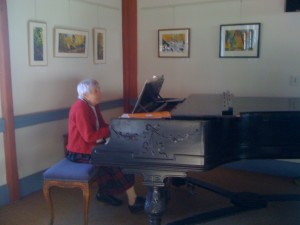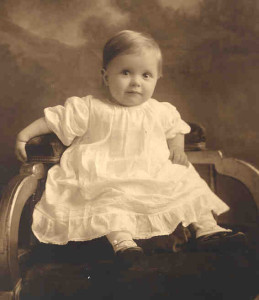I would be remiss if I pretended that my interest in “love” (as in my previous post) was merely philosophical and scholarly. In fact, my decision to center love in my work has been a deeply personal one, propelled by life experiences: facing my own mortality with a cancer diagnosis ten years ago, while simultaneously seeing my life unravel in divorce; seeing others lose loved ones or have their lives fall apart in unexpected and confusing ways; grappling with just how small we are in the grand scheme of things; turning to spiritual teachings from diverse traditions as a way to find new meaning and purpose in life; and re-affirming that I want to use my “one precious life” (Mary Oliver’s term) not just to study the world, but to participate as best I can in making it a more positive, uplifting, equitable and just experience for more people on the planet. I’m inspired by bell hooks, who wrote that she was determined to talk about love wherever she goes, even though it may “challenge, disturb, and at times even frighten or enrage readers.” (https://plumvillage.org/thich-nhat-hanh-interviews/interview-with-bell-hooks-january-1-2000/)
Part of my own post-cancer, post-divorce, post-life-falling-apart healing process has involved looking deeply at the psychodynamics of my own life decisions – trying to make more conscious things that were not fully so. This feels important to explicate in relation to the matter of “splitting” that I discussed in the previous blog post.
For some time, I have struggled to understand what it was that drew me to cross linguistic and cultural borders in my own life, as I moved from a homogeneous, English speaking, white working class, mostly Catholic community to an elite institution of higher education and then ran fast and furiously from that world of privilege into community organizing and teaching. What is my own confusing relationship to my class origins, my whiteness and privilege – especially the privilege that I speak from today, as a white, English-speaking, U.S. full professor at an elite institution?
What I have been seeking are not explanations for my own border crossing that allow me to feel good about myself, or superior to others (e.g. to those members of my family and community who have not chosen to cross cultural or linguistic borders very much in their lives). Rather, I have been trying to understand what I was pushing away from, differentiating myself from, or “splitting” from myself – and what it would mean to reconcile those aspects with other parts of myself that I have more consciously chosen. My aim has been to understand something about the kind of healing work we have to do as individuals, as a nation, as a world, if we ever hope to get past the things that are dividing and killing us.
I have come to see that in pushing away from the seemingly myopic, limited, homogeneous, monocultural, working class town I was raised in – by learning Spanish, marrying an immigrant (refugee) from Guatemala, moving to California, becoming a bilingual teacher, and working in immigrant and refugee issues for my entire adult life – I was not just embracing new communities, I was running away from something in myself.
This is the kind of psychological splitting that I discussed here. Essentially, I created an “other” – the people from my family or community that I left behind. In “othering” them, I didn’t have to see things in myself that I did not want to see. This involved some unspoken shame for whiteness of a working-class variety.
In fact, I carry the “limited, myopic, provincial, monocultural” community that I came from in me; it is not something I can run away from or leave behind. I need to look at how it shaped me and own parts of myself for which I feel no pride.
But that community is perhaps not the things I have labeled it as, or certainly not just those things. It is filled with loving, humble, good, if imperfect (like all of us) people, who have been shaped by their experiences in the world. I carry them in me as well. Most importantly, I can choose the values I want to live by, not be bound by these aspects of my identity, and try to hold myself accountable to my values. This is the kind of healing work we need to do as individuals, as well as in the world.
I am attempting to name my experiences in this way, and connect more fully with all aspects of myself, not in order to “confess,” nor to elevate myself or my own experiences, but to seek lessons for healing in the larger body politics. I recognize that I have more work to do, as we do on the planet as well.






